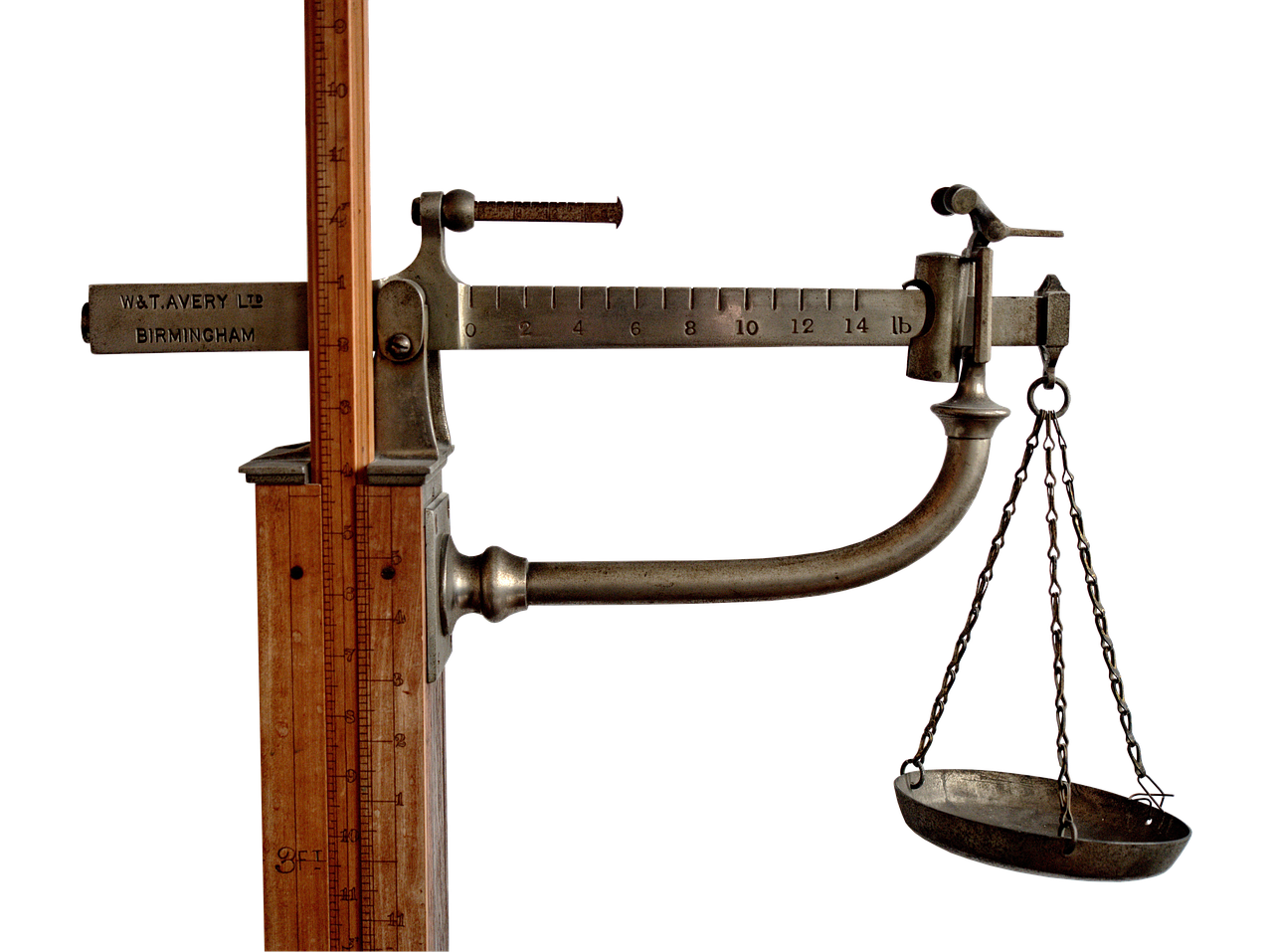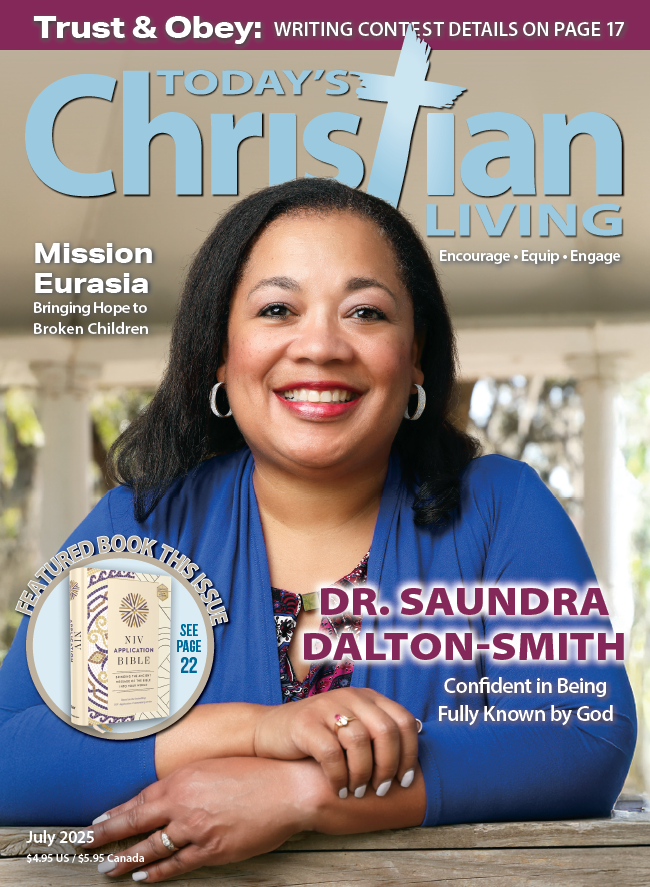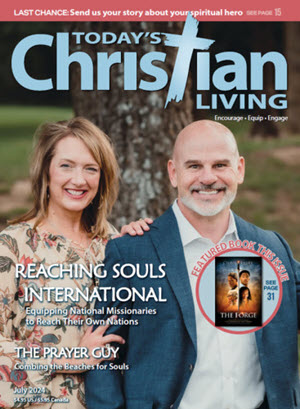I was brought up in a church where God seemed untouchable. The rituals and religious emphasis felt sterile and dehumanized. Rules superseded relationship, and shame superseded grace and joy. Yet I still tried to participate in the rituals as I could, sensing glimpses of holiness calling me through the noise. I wanted to do right, but my heart wasn’t revering God out of love and gratitude. I was a participant, but I was yet disconnected in my understanding of who I was in Him and who He was to me.
An Untouchable Example
I think this personal realization is what has always made me feel for Uzzah, the servant who assisted in David’s “good” plan to move the Ark of the Covenant to Gath, as recorded in 1 Chronicles 13 and in 2 Samuel 6. Scripture records that the oxen stumbled, and Uzzah reached out to steady the Ark. The Lord’s anger erupted against Uzzah for his irreverent act (they had clear instructions as to who was and was not to handle the Ark) and in an instant, Uzzah was struck dead on the spot.
I know I can’t be the only one who, at least initially, was troubled by this seemingly harsh reaction from God. I assume that Uzzah acted instinctively, reaching out to catch the Ark before it fell, especially because he was one of the men assigned to transport it. This doesn’t strike me as an act of wicked intent, but rather one of duty. And in that moment, from my flawed point of view, God seems to reinforce the idea that He is an “untouchable” God. It has taken me years to see another perspective.
A Flawed Plan, A Disconnected Heart
There were multiple layers of sin involved with this plan — such as David’s mode of transportation for the Ark to be carried on a wagon instead of adhering to the mode God had prescribed. But the biggest problem was that God’s presence and sovereignty weren’t acknowledged as they should have been and Uzzah’s act embodied the flippant attitude that the entire group was exhibiting; so God needed to implement discipline. Even if we claim that Uzzah acted out of duty to the king, Uzzah didn’t acknowledge the sacred holiness of the true King’s presence. I don’t believe God was angered so much by Uzzah’s “hands-on approach” with the Ark, as He was by Uzzah’s unbelieving heart.
Reverence Due
God’s insistence on reverence was similarly illustrated when He told Moses to take off his sandals on holy ground, or when He placed Goliath in a facedown position as he fell dead, struck down in his pride. I would even go so far as to say that Uzzah wasn’t much different than the thief who hung on the cross next to Jesus without acknowledging who He was. God’s presence was within that Ark, yet Uzzah only fulfilled an outward call of duty. He failed to give God the honor due Him. Being physically that close to God, yet so far away from giving Him proper reverence shows that Uzzah’s heart was actually the one that was not only untouchable, but unmoved.
Previously Untouchable, Still Unworthy
Was Uzzah really much different from me before I truly became a Christian, going through all the rituals and duties of a “Christian life” but maintaining an unmovable, untouchable heart? Was God really the one who was untouchable? Or was it me, with hands that reached out to Him in irreverence and with a heart not grasping the sacred? But unlike Uzzah, I stand before Him, unworthy hands and all. And only by the grace of God, with a reverent heart, can I stand in His presence.









